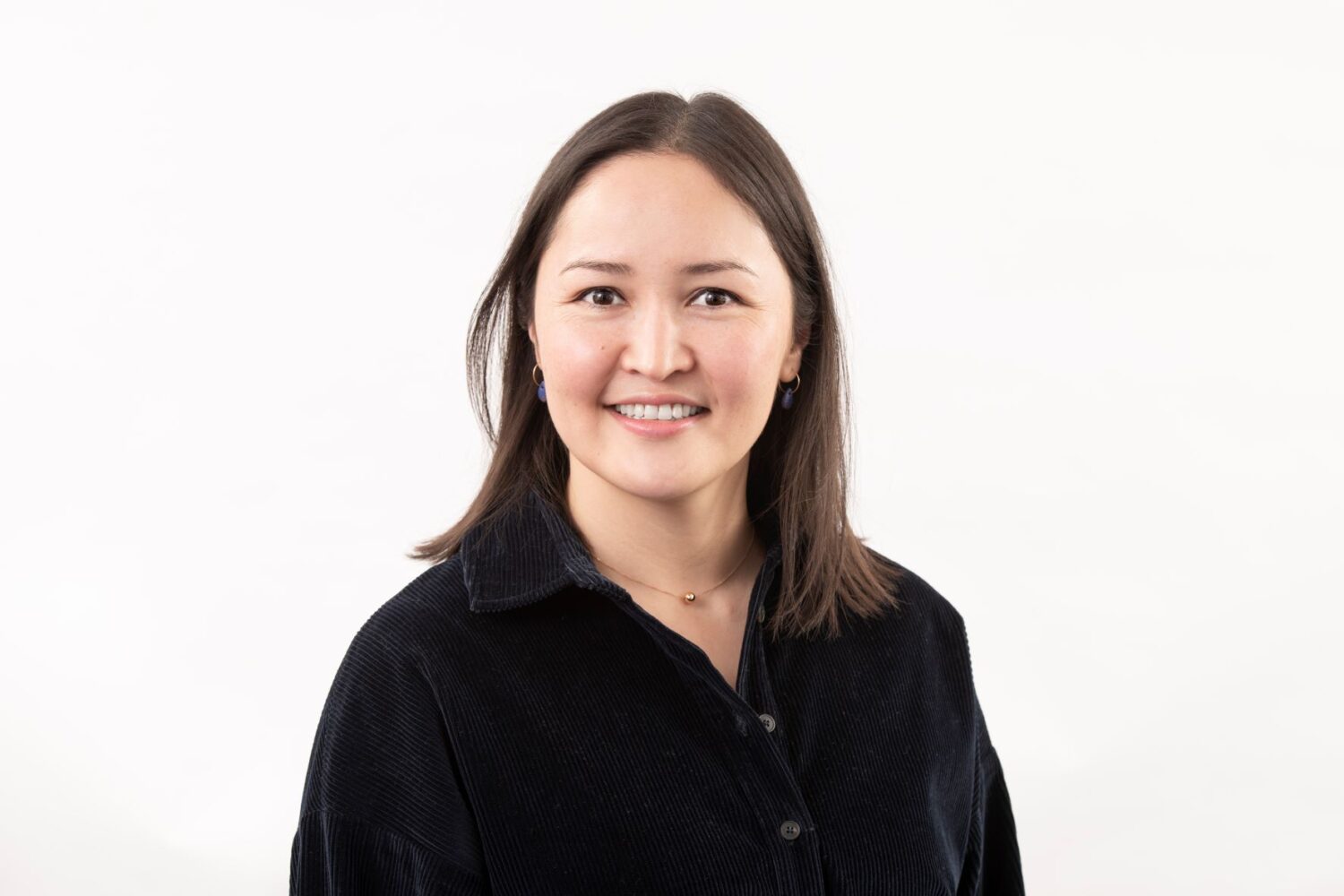“BioMed X is full of motivated young scientists hungry for knowledge.”
Dr. Khulan Sergelen is the group leader of team BDB, a research group that started at the BioMed X Institute in March this year. An interdisciplinary project resulting from a collaboration between Boehringer Ingelheim and BioMed X, the project’s full title is “Advanced Biomarker Detection for Pharmacological Monitoring in the Brain”. Team BDB aims to develop a biosensor for the direct detection of small molecule biomarkers in brain tissue, with potential implications for treating neurological disorders. Now that her team is finally complete, we asked Khulan a couple of questions about her scientific path and the new project she started at BioMed X.
BioMed X: “How young were you when you decided to become a scientist? Who or what made science attractive to you?“

Dr. Khulan Sergelen: “During the last two years of high school, I was preparing to become a medical doctor. One day, while watching a documentary with my dad – who is an engineer – we learned about Dolly the sheep and cloning. We discussed how interesting and exciting it was, and it was then that I set my mind on doing research in biology. I was 16, about to graduate, and I immediately signed up for the entrance exam to study biology instead of medicine. The rest is history. My parents being both engineers meant I spent a considerable amount of time at research institutes among scientists. Helping my father tinker with electronic devices was always a lot of fun. I was very comfortable imagining myself as a scientist because of this.”
BioMed X: “As a biologist, how did you acquire the knowledge and know-how required to lead such an interdisciplinary project?”
KS: “I have a bachelor’s and a master’s degree in molecular biology and two years of experience as an analyst in a clinical diagnostics lab. The interdisciplinary path started during my master’s thesis, which was on high-throughput protein microarray technology to explore auto-antibodies. The application was the early detection of colon cancer. It was gratifying to learn about a new technology, and that led me to conduct my PhD research in bionanotechnology, where I learned about biosensors and material science. I started to focus on continuous-monitoring biosensors for clinical applications. The training I received during my PhD and later during my postdoc/tenure-track position at TU Eindhoven, in the Netherlands, helped me expand and solidify my expertise. I had wonderful supervisors and mentors that supported me in my journey of leaping from one discipline to another. My current team is working on just the right combination of the fields I mentioned here – and a couple of other ones.”
BioMed X: “What accomplishment brought you the most satisfaction or pride in your career so far?”
KS: “I would say my scientific accomplishments are modest. However, I am proud of myself and my son for achieving them together. I am a proud mother first and then a scientist. The former fuels the latter. The day I stood holding my PhD degree and celebrating with my son, family, and friends – that was my proudest moment. I strive for the day when a technology I helped develop is applied clinically and contributes not only to scientific understanding but also to improving patients’ quality of life or to saving lives.”
BioMed X: “What is your favorite thing about working at BioMed X?”
KS: “BioMed X is full of motivated young scientists hungry for knowledge. I thrive on the passion I feel among my new colleagues. The open knowledge transfer and supportive culture were what drew me to this institute. Being given a challenging scientific project and having a solid support system makes doing research very rewarding. Working in Heidelberg on this highly multidisciplinary project with my team has many advantages, as numerous opportunities exist for access to infrastructure and exchanging know-how within just a few kilometers radius.”
BioMed X: “You were born and raised in Mongolia, and before moving to Germany earlier this year, you also lived in Austria and the Netherlands. What was the most challenging part of moving away from home?”
KS: “As you know, Mongolia is the land of nomads. I consider myself a scientific nomad. Having lived abroad in my pre-teens in Melbourne and later in Taipei as an undergraduate exchange student reinforced my passion for exploring different cultures – both personally and academically. I appreciate the process of learning about different ways in which other cultures approach questions and problems and how they solve them. For me moving abroad was always challenging – but in an exciting way. My parents made my move to Austria a very smooth process, especially since I was a new mother starting my master’s studies. Being a fresh PhD graduate and a single mother in the Netherlands was the toughest part for me, pushing my multitasking skills to the limit.“
BioMed X: “You have three young postdocs on your team. What is your most important career advice for them and women in science in general?”
KS: “Coincidentally, all three postdocs in my team are women. That was not intended, but they fit well both as talented scientists and as individuals in the group I envisioned. My advice would be to fuel your passion for science and aim for whatever level in a career you want to reach. There should not be a ceiling set for you by anyone else but yourself. Equally important, be a team player – science is not done alone. A supportive and inspiring work environment is where ideas and dreams come to fruition.”
